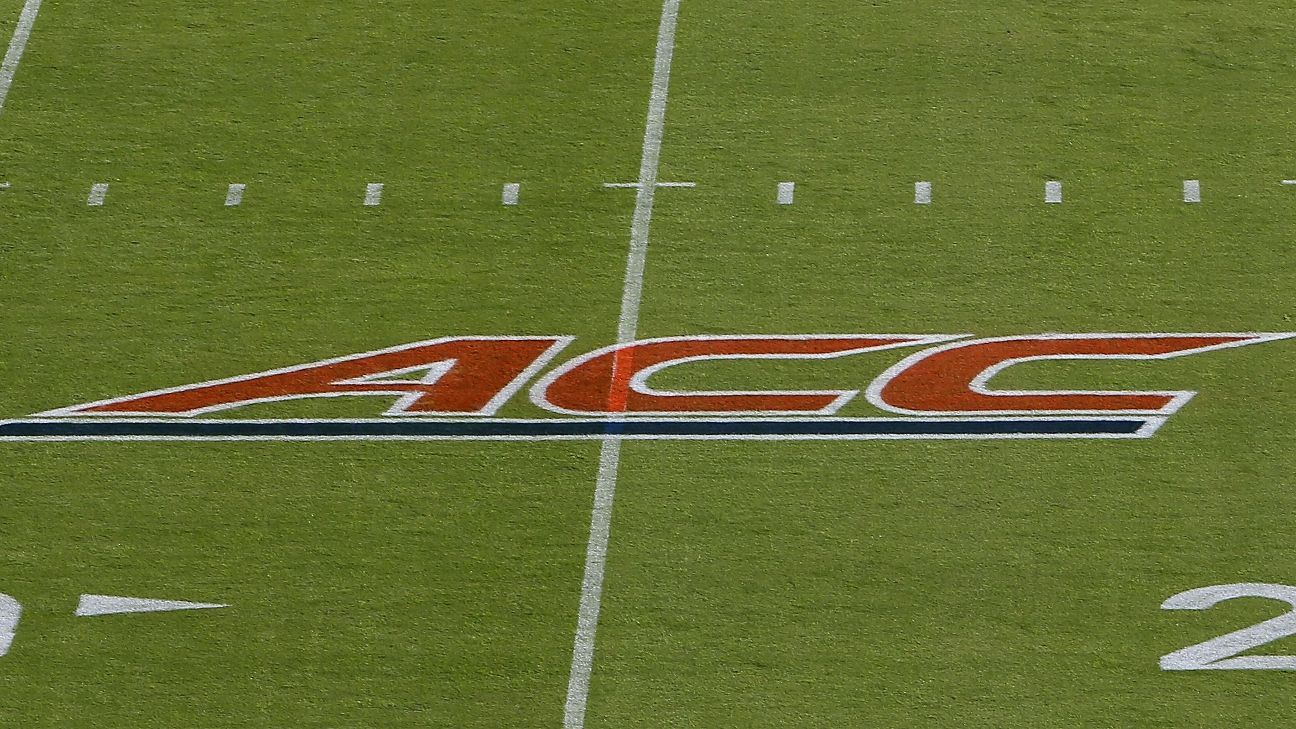
The ACC approved the use of helmet technology and sideline tablets during its winter meetings this week, pending final approval later this month from the NCAA football rules committee.
In a statement following the conclusion of the meetings Wednesday, the ACC said the use of tablets with access to in-game video had unanimous support from ACC football coaches. In addition, the helmet technology will allow for one-way communication between the sideline and designated players on the field.
This past bowl season, the NCAA allowed the use of both on an experimental basis at select bowl games. North Carolina coach Mack Brown told ESPN earlier this week it was a “no-brainer” to approve both. The Tar Heels used the helmet technology in the Duke’s Mayo Bowl game against West Virginia, and Brown said four quarterbacks, two safeties and two linebackers were wired for communication.
“We loved it,” Brown said. “It allowed us to line up much quicker, it keeps people from stealing signals. We thought it was a win-win.”
The NFL has had the use of both helmet and tablet technology, and though it has had support over the years in the college game, there has been some resistance because of the cost that would be incurred — particularly among schools outside the Power 5. Some estimates have put the price tag at around $40,000.
But following an investigation into sign-stealing allegations surrounding Michigan this past football season, the push to use the technology increased, particularly helmet communication. The ACC is working collaboratively with the football rules committee to fully develop the final rule and policies. Each school’s legal team must also sign off on the helmet technology, over possible concerns it could void the helmet’s warranty.
In addition, the ACC announced its men’s and women’s basketball tournaments would feature the top 15 teams starting with the 2024-25 season as the league expands to 18 teams with the additions of Cal, Stanford and SMU. The men’s regular-season conference schedule will stay at 20 games; the women’s will stay at 18 games.












